WTO members on 16 May shared experiences on facilitating digital trade and electronic transactions and discussed what the WTO can do to address this topic. The discussions took place in a dedicated session under the Work Programme on Electronic Commerce.
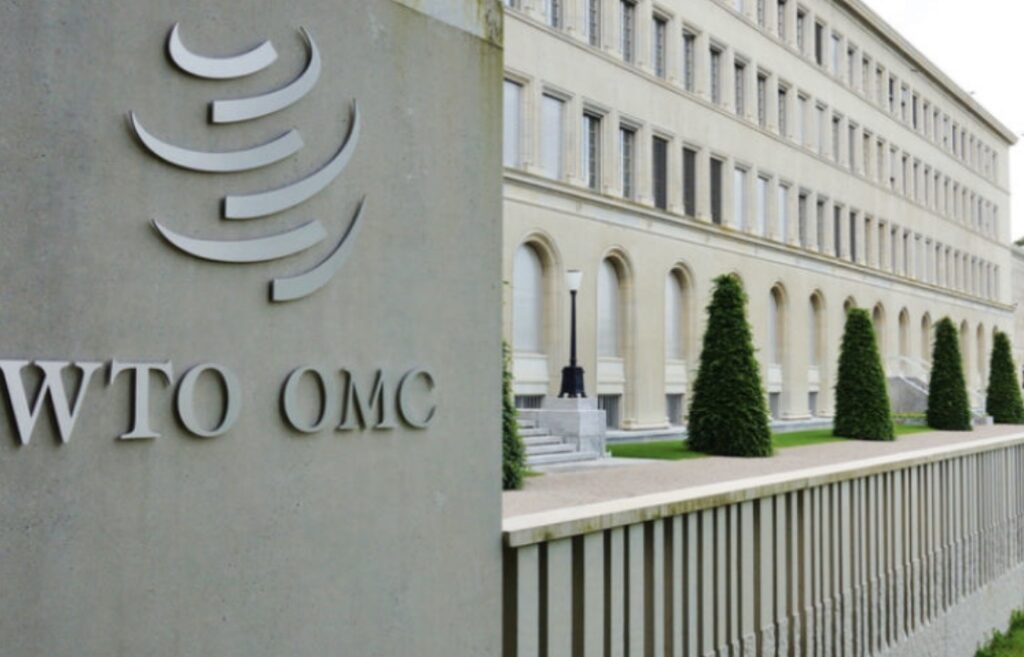
Singapore presented its experience with the TradeTrust framework, an initiative connecting governments and businesses to a public blockchain to enable safe exchange of electronic trade documents across digital platforms. This framework relies on digitalisation to avoid difficulties in undertaking transactions and to cut costs associated with paper-based trade across borders.
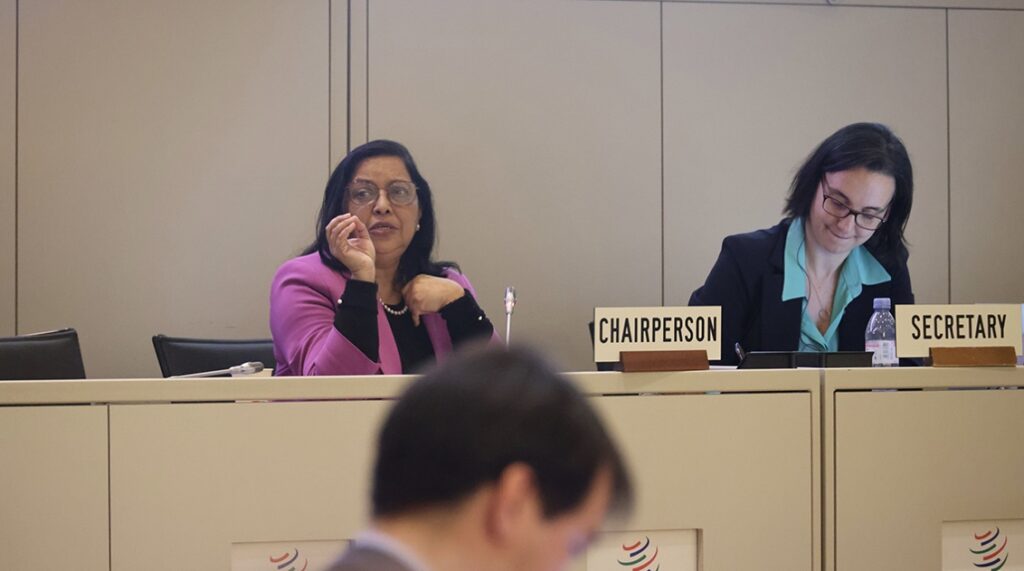
The United Kingdom made a presentation on trade digitalisation, which focussed on utilising digital technologies to improve trade processes and to make trade transactions easier and faster, especially for small business. It noted that trade digitalisation can be promoted by addressing legal, technical and commercial barriers to the digitalisation of paper-based processes.
”The United Kingdom made a presentation on trade digitalisation, which focussed on utilising digital technologies to improve trade processes and to make trade transactions easier and faster, especially for small business”
Brazil presented its experience on implementing electronic “single window” systems for cross-border transactions and the benefits such a system brings. These benefits include achieving a faster clearance time, increasing government revenue, reducing compliance costs and improving the transparency and efficiency of customs procedures.
Several members shared their practices in free trade agreements in areas such as paperless trading, e-payments, e-contracts, e-signatures, e-invoicing and electronic transaction frameworks. They highlighted, in particular, some specific obstacles that hinder digital trade facilitation.
Ambassador Usha Dwarka-Canabady of Mauritius, the facilitator of the Work Programme on Electronic Commerce and the e-commerce moratorium, welcomed members’ exchanges on their national practices, underlining the broad geographical spectrum of the presentations.
Source: WTO
This is a valuable paper & contribution on voluntary disclosure of information from private sector to Government agencies done by the AP regional chapter of our World Customs Organization (WCO) Private Sector Consultative Group (PSCG), where we from Maersk are members.
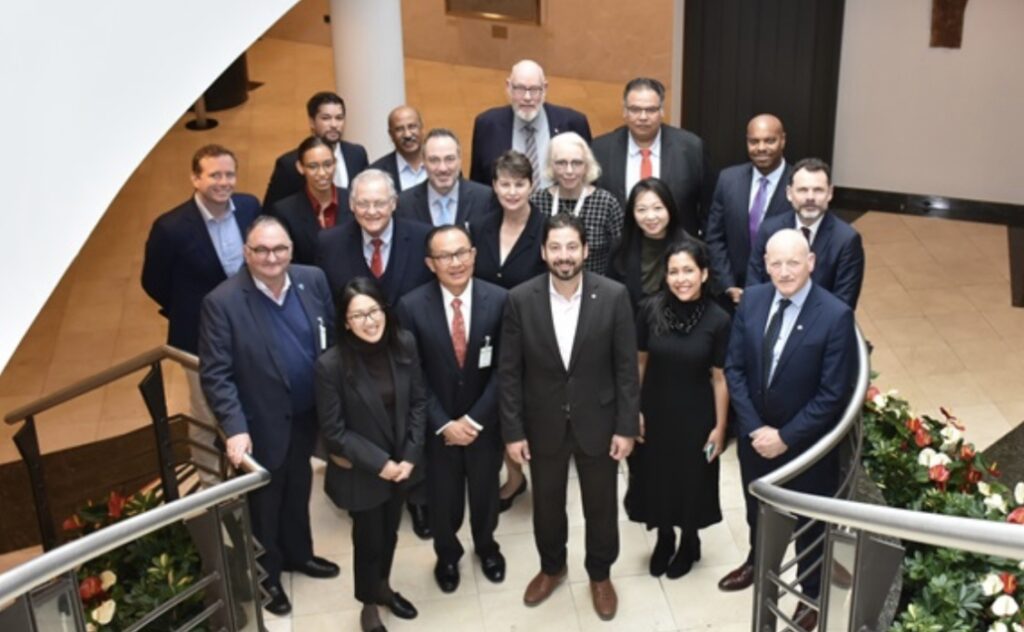
The ability for traders and other supply chain operators to pro-actively engage with customs on matters of compliance can be surprisingly difficult to do.
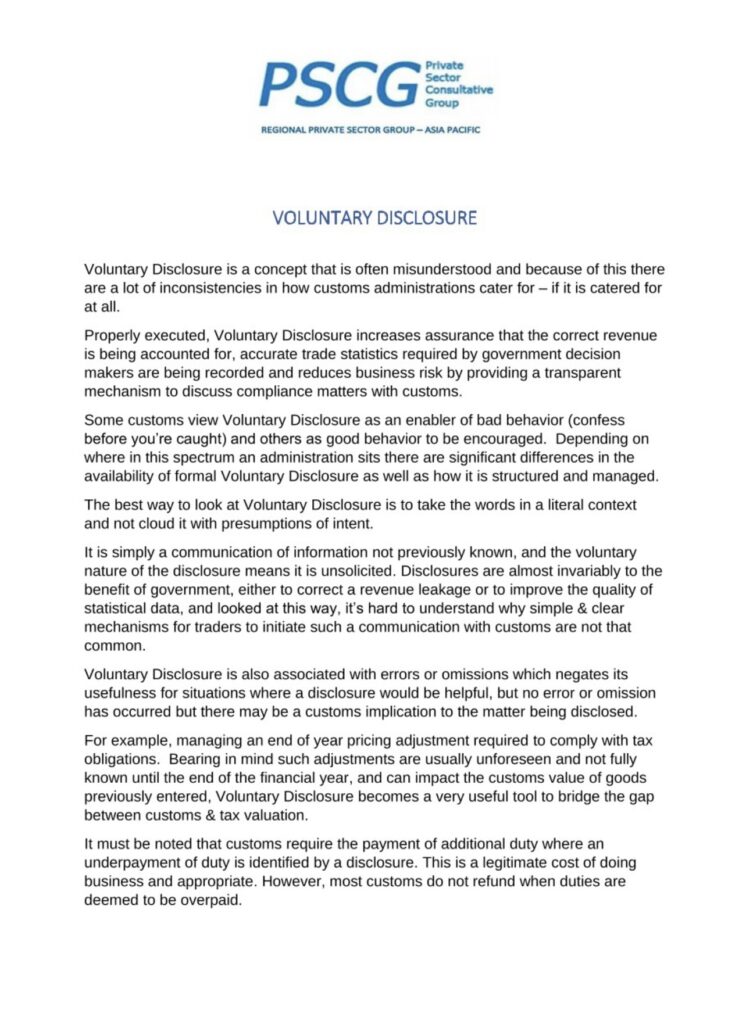
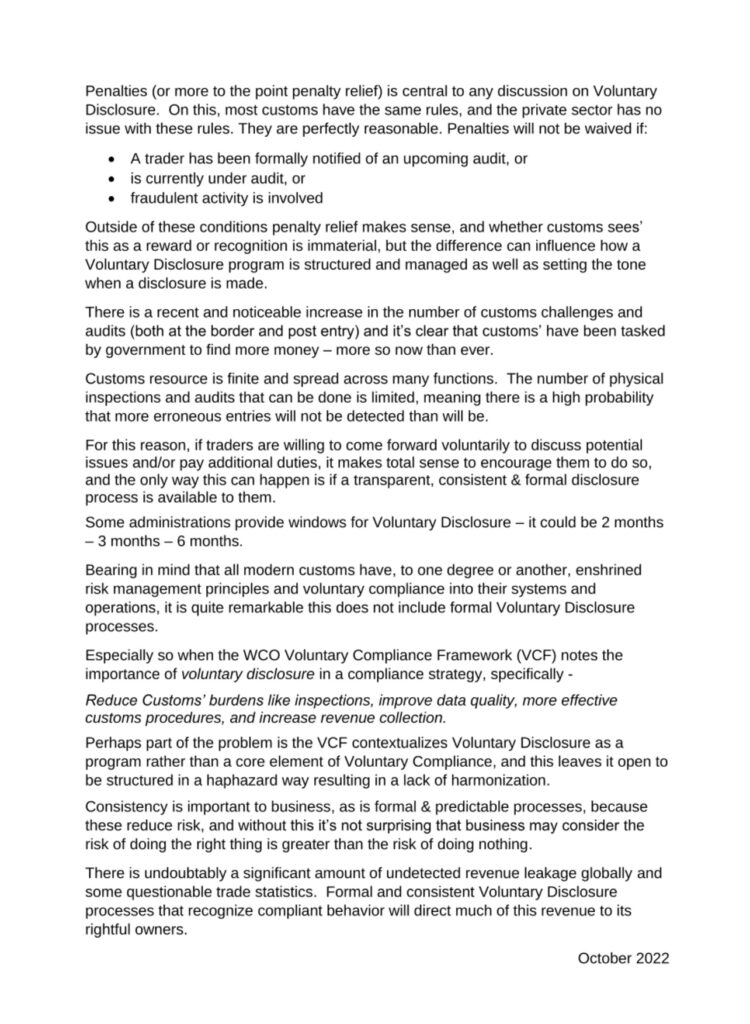
Such disclosures have no, to very little, resource implications for customs, often result in the recovery of previously unaccounted for (and unlikely to be detected) revenue and increases the quality of trade statistics for government policy makers.
The RPSG-AP has produced a paper on Voluntary Disclosure (attached) for the WCO and hopefully it promotes consideration by customs on the advantages of formalizing Voluntary Disclosure as a core and ongoing component of customs policy & practice.
It is now distributed globally.
Today Sweden celebrats its National Day. It is the date – 6 June – on which Gustav Vasa was elected king in 1523.
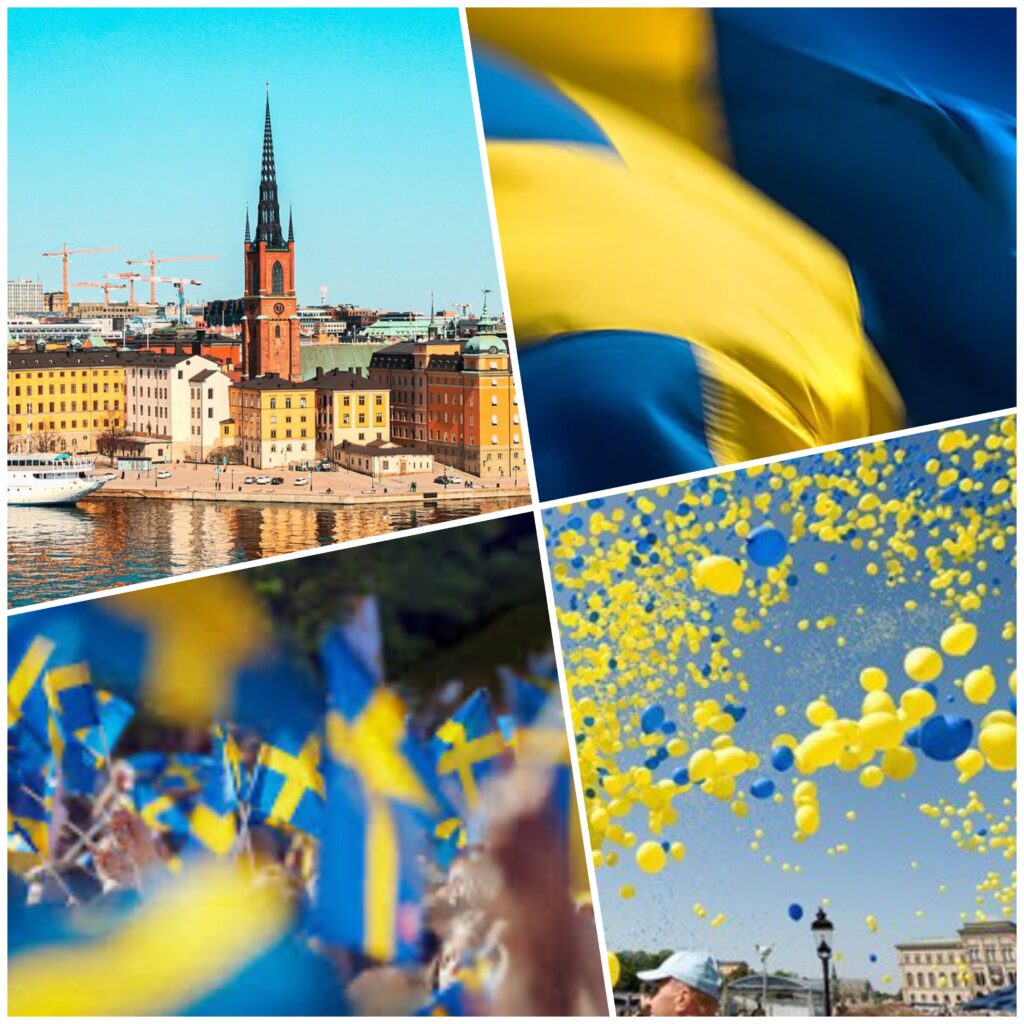
This laid the foundation of Sweden as an independent state, and on the same date a new, important constitution was adopted in 1809.
The nationam day is a holiday in our country.






You must be logged in to post a comment.